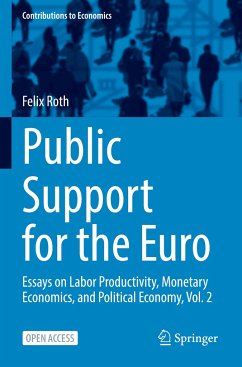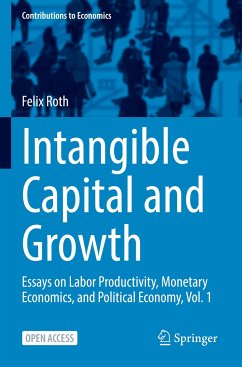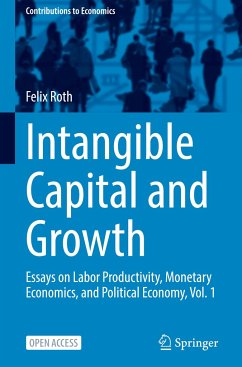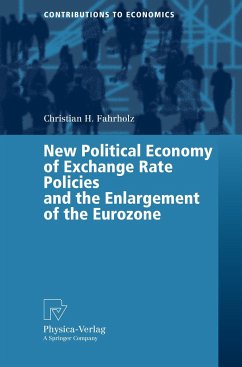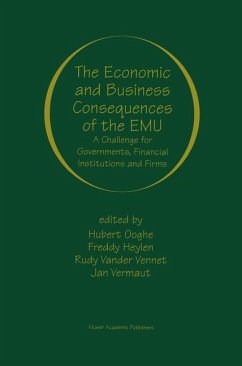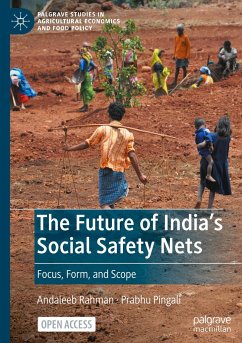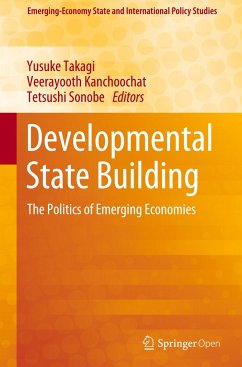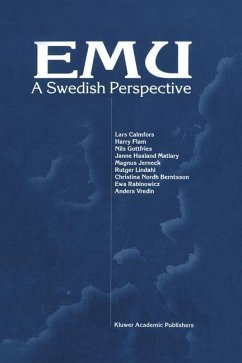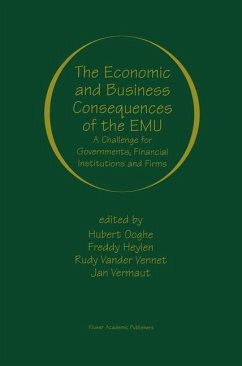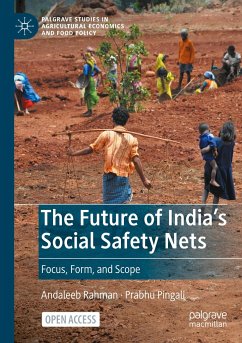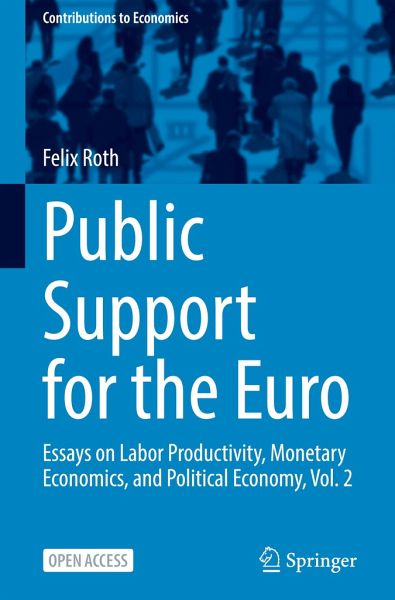
Public Support for the Euro
Essays on Labor Productivity, Monetary Economics, and Political Economy, Vol. 2

PAYBACK Punkte
19 °P sammeln!
The long-term sustainability of the euro and the Economic and Monetary Union (EMU) depends heavily on their ability to attract widespread public support. The support shown for the euro throughout its first two decades has helped to shield it against populist attempts at the national level to dismantle the common currency. It has granted political legitimacy to the presidents of the European Central Bank to do "whatever it takes" whenever a serious crisis has threatened the viability of the euro.Public Support for the Euro is the second of two open-access volumes presenting a selection of the a...
The long-term sustainability of the euro and the Economic and Monetary Union (EMU) depends heavily on their ability to attract widespread public support. The support shown for the euro throughout its first two decades has helped to shield it against populist attempts at the national level to dismantle the common currency. It has granted political legitimacy to the presidents of the European Central Bank to do "whatever it takes" whenever a serious crisis has threatened the viability of the euro.
Public Support for the Euro is the second of two open-access volumes presenting a selection of the author's essays on Labor Productivity, Monetary Economics, and Political Economy. This second volume brings together eleven of the author's essays, selected with the aim of providing an overview of his research to date on public support for and the economics and political economy of the euro and EMU.
Public Support for the Euro is the second of two open-access volumes presenting a selection of the author's essays on Labor Productivity, Monetary Economics, and Political Economy. This second volume brings together eleven of the author's essays, selected with the aim of providing an overview of his research to date on public support for and the economics and political economy of the euro and EMU.



